
Bile Duct Cancer
Advertisement
The use of neoadjuvant/perioperative gemcitabine with cisplatin can boost OS and R0 resection rates in patients with BTC.
Dr. Kim discusses survival outcomes of zanidatamab compared to chemotherapy in patients with previously treated HER2+ BTC.
In a systematic review, researchers found that several anti-HER2 therapies may benefit patients with biliary tract cancers.
A multivariate analysis revealed HER2-targeted therapy to be an independent prognostic factor for OS.
Dr. Kim discusses how ctDNA compares to traditional imaging and how findings can affect adjuvant treatment decisions for BTC.
Older patients in their 70s with extrahepatic CCA have a higher rate of choledocholithiasis.
Among 16 patients with confirmed recurrence, ctDNA accurately identified recurrence in 15 patients.
Dr. Pant offered insights on the key findings of zanidatamab's efficacy and safety in HER2-positive BTC.
Results of NIR-B trial sheds light on the clinical utility of niraparib in patients with BRCA-mutated GI cancers.
Dr. Finn previews key abstracts in liver cancer and other hepatobiliary malignancies from ASCO GI 2025.
Dr. Pant describes the improved DOR and median OS seen with the treatment, and discusses the ongoing phase 3 trial.
Adding a taxane to the standard regimen of gemcitabine/cisplatin does not improve OS in patients with newly diagnosed BTC.
The GAP system was found to predict actionable genetic alterations including FGFR2 and IDH.
HERIZON-BTC-01 marks the largest phase IIb clinical trial to date for patients with previously treated HER2-positive disease.
In several different types of cancer, tumor budding is linked to poor survival outcomes.
Dr. Weinberg provides a recap of all of the GI oncology data of practice-changing potential presented at ESMO 2024.
While biliary tract cancer is one of the fastest-growing types of early-onset cancers, little is known about its biology.
Patients with chemotherapy-responsive disease typically undergo observation after 6 months of gemcitabine-based therapy.
Adding nanoliposomal irinotecan to fluorouracil plus leucovorin did not improve PFS or OS in cholangiocarcinoma.
Participants received pemigatinib 13.5 mg once per day for 21-day cycles with 2 weeks on and 1 week off.
Advertisement

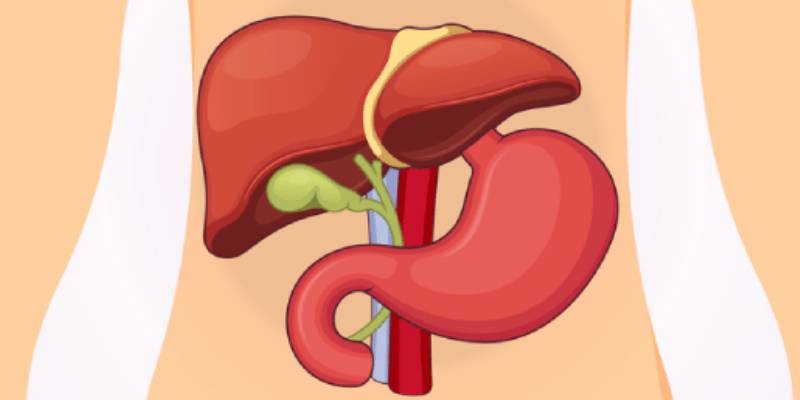

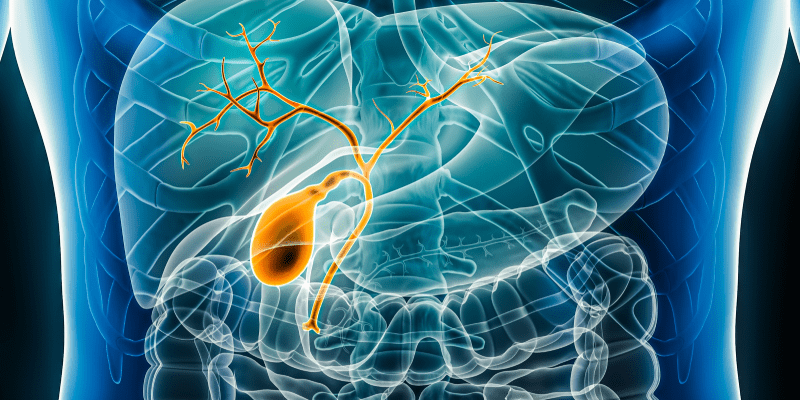
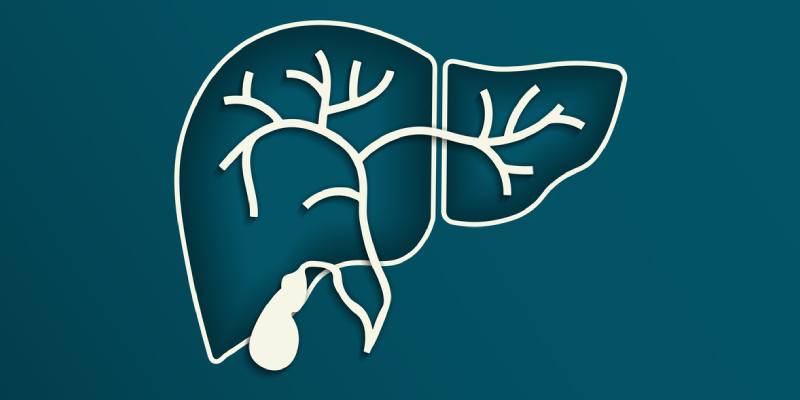
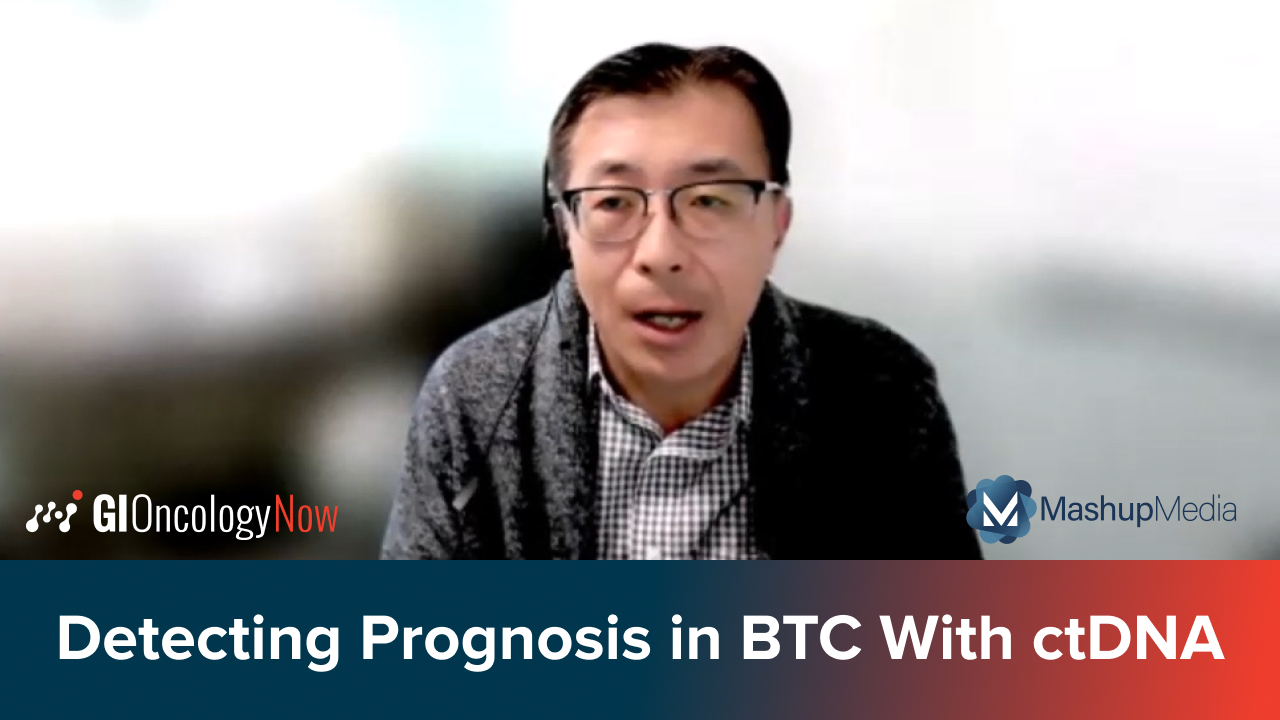
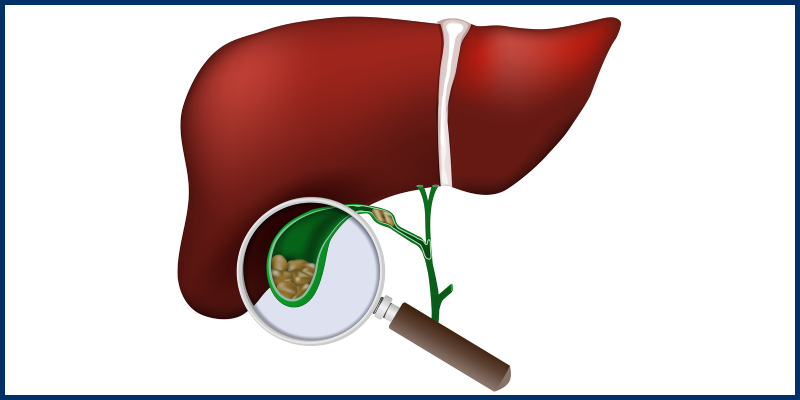
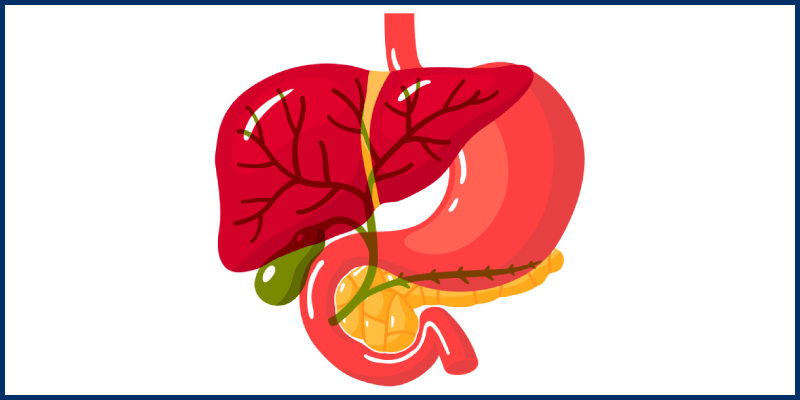
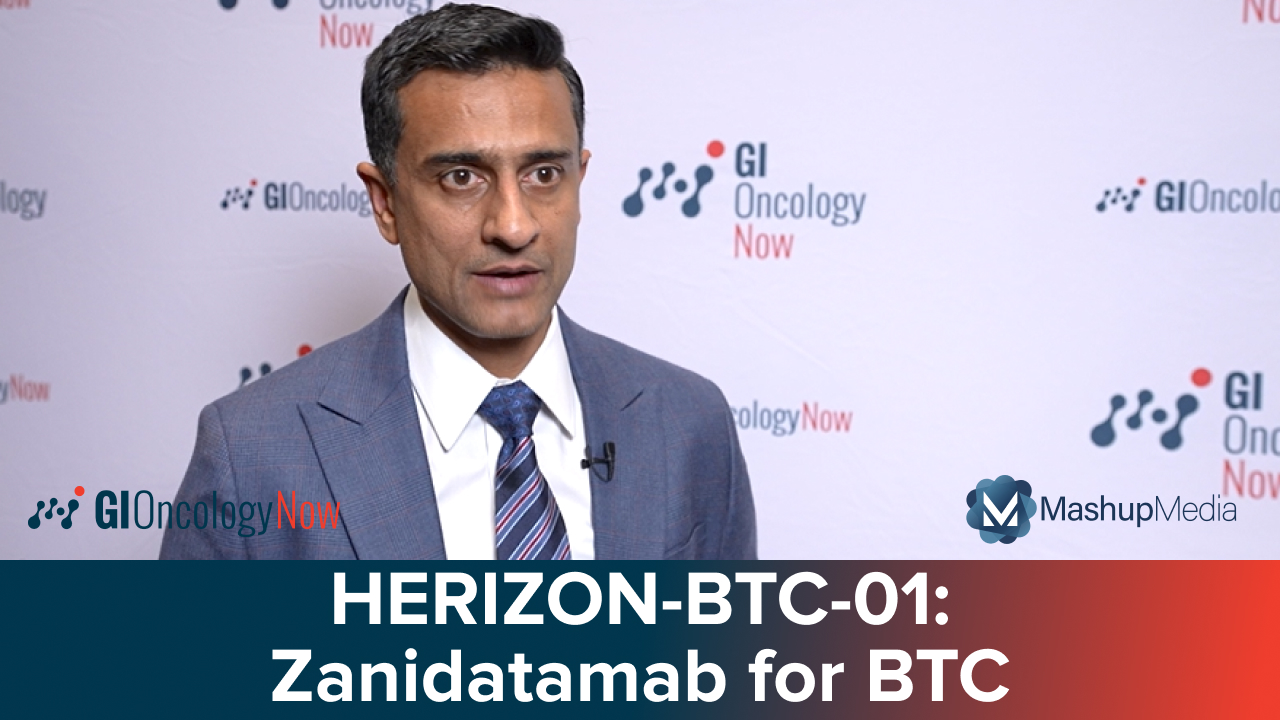

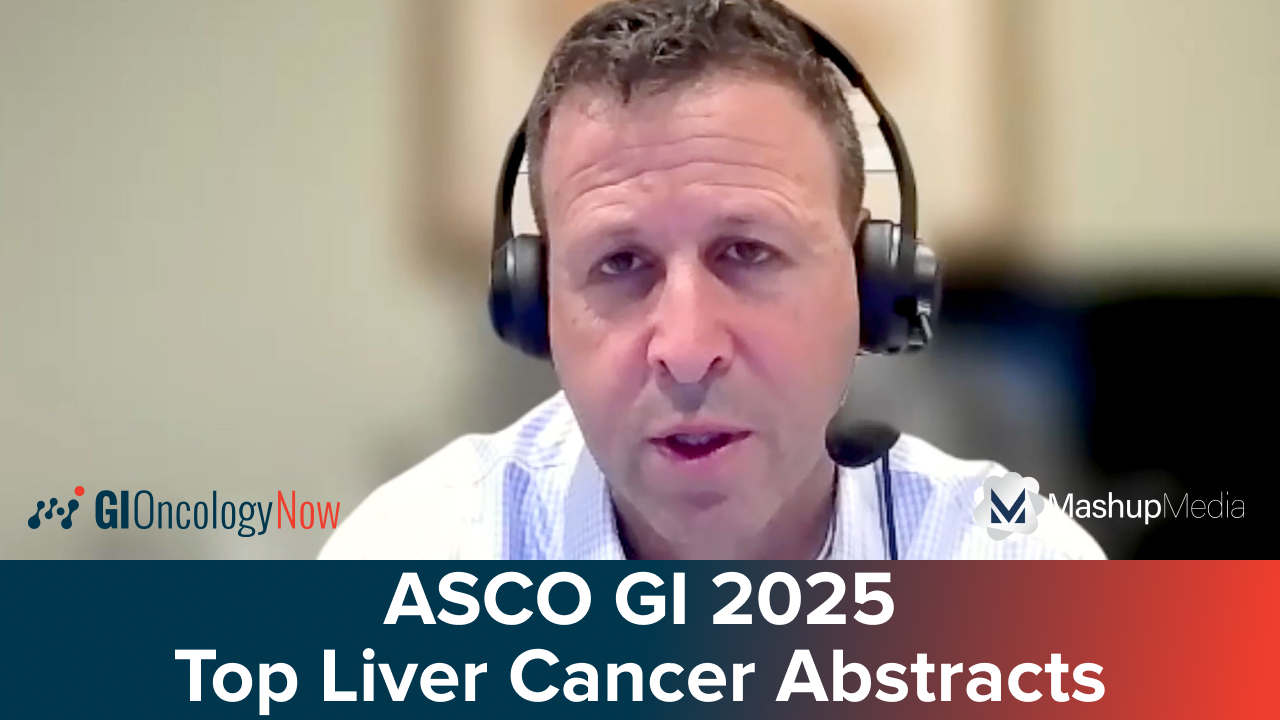
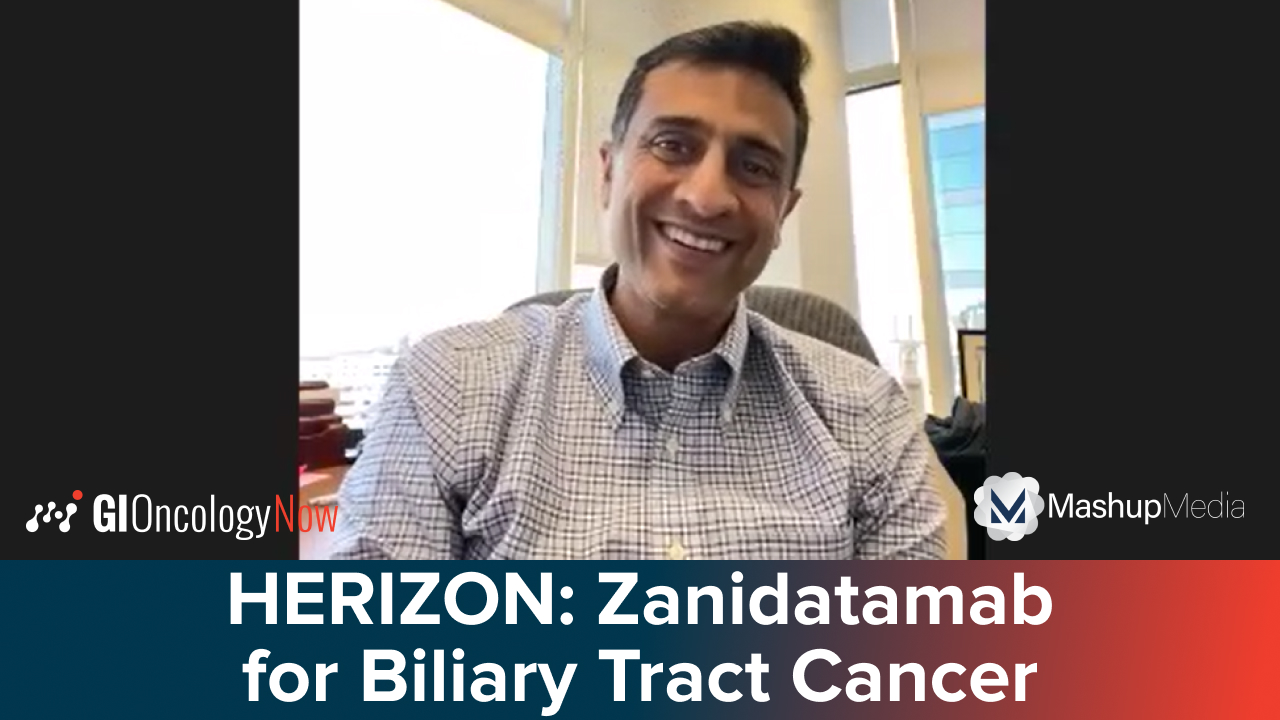


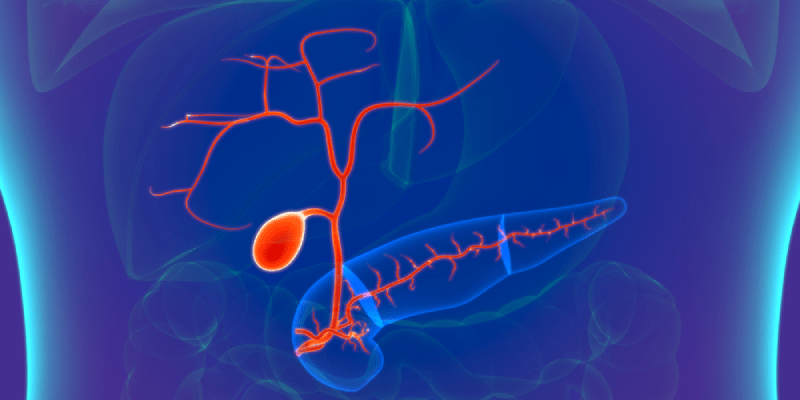

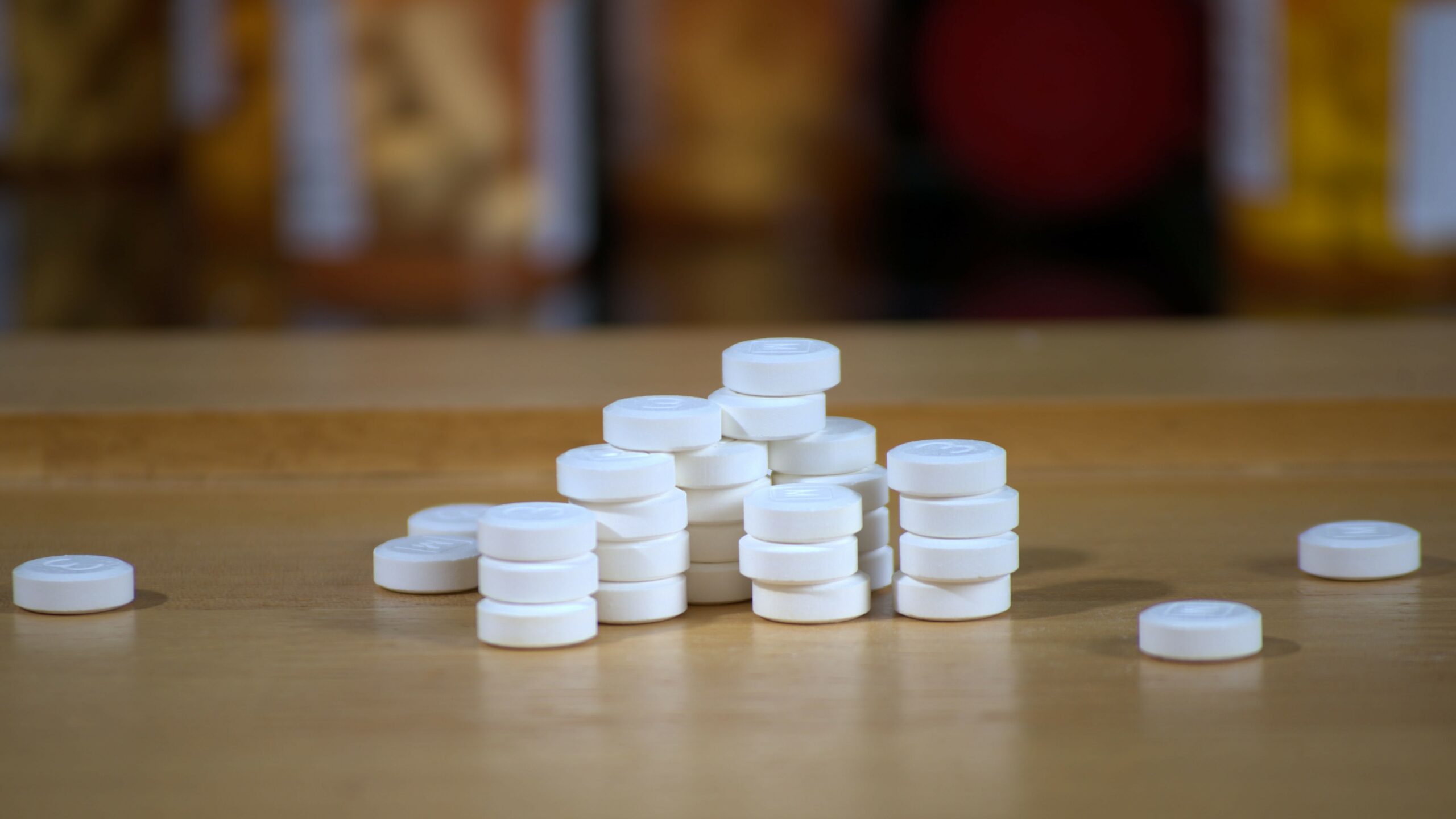

 © 2025 Mashup Media, LLC, a Formedics Property. All Rights Reserved.
© 2025 Mashup Media, LLC, a Formedics Property. All Rights Reserved.